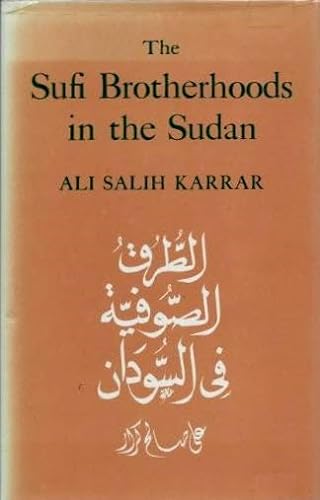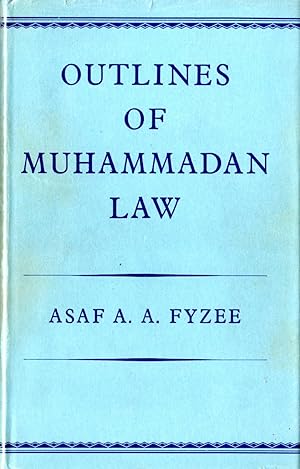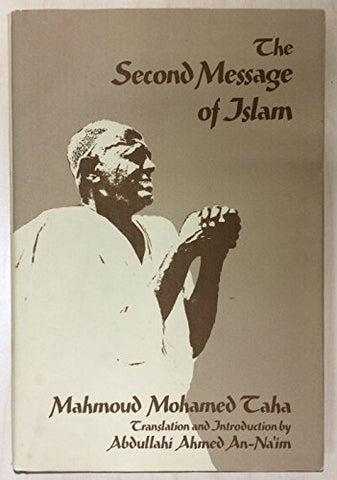The Sufi Brotherhoods in the Sudan by Ali Salih Karrar
$ 50.00
The Sufi Brotherhoods in the Sudan presents a detailed account of the development of the mystical and religious Sufi orders in the Sudan from 1600 to 1900. It provides a thorough consideration of the impact of the brotherhoods on Sudanese history, and sheds new light on the understanding of Islam in Africa generally. Karrar takes issue with the interpretation of the standard text on the subject (Trimingham's Islam in the Sudan), and offers a new typology that divides that history of the Sufi orders into two rather than three stages: decentralised ("unaffiliated") and centralised ("affiliated"). The book also examines the shift from a "Sudanic belt" pattern of Islam dominated by individual holy men to a Middle Eastern pattern with organised Sufi brotherhoods, and analyses this transformation within its political and socio-economic context.
Karrar's work focuses on the Khatmiyya brotherhood in the Shayqiyya region. He bases his analysis on writings and personal materials from family archives, study of the brotherhoods' structure and ritual, and interviews that reveal contemporary perceptions of the groups' structure and practices. Karrar relates the development of the Sufi orders to social and political movements in the region, explains the process of legitimation initiated by the brotherhoods, and describes the interrelation of Sufism and Islamic law. In his analysis of the co-optation of the Sudanese religious classes by the politically dominant classes, Karrar provides sharp insight into the history of the Shayqiyya region and points to concepts that provide a foundation for studies of other Islamic societies. Karrar has produced an invaluable tool for students of Sufism and scholars of Islamic, Middle Eastern and African history and religion. The Sufi Brotherhoods in the Sudan will now stand as the standard history of Sufism in that country in the eighteenth and nineteenth centuries.
Year: 1992
Hardcover
Condition: Very Good






Share this item: